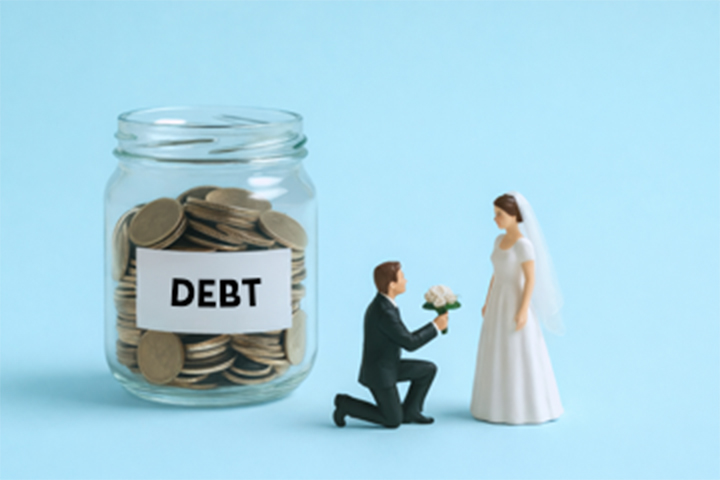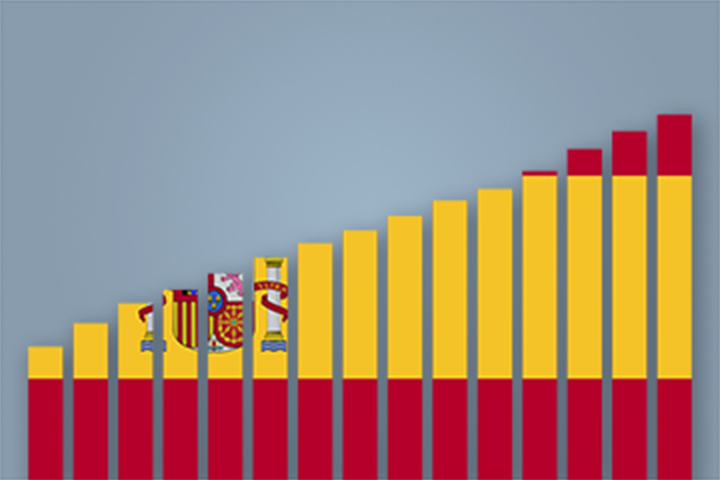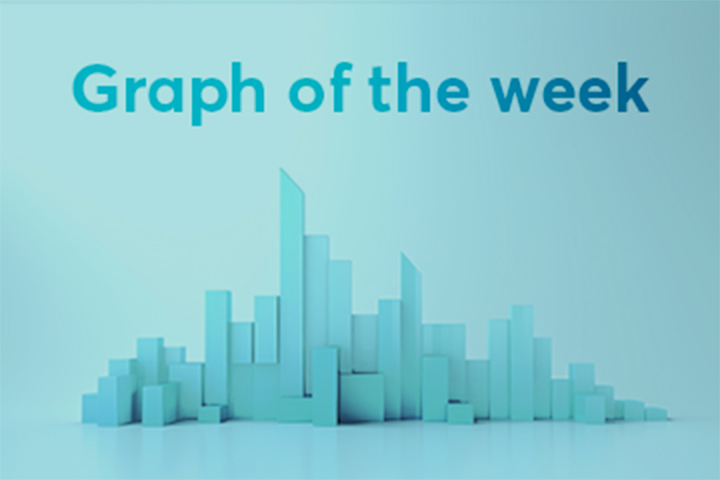Can countries go bankrupt?

Keytrade Bank
keytradebank.be
March 25, 2022
(updated August 29, 2022)
5 minutes to read
Individuals or businesses who are no longer able to pay their debts can be declared bankrupt. This means that there is a judicial seizure of their assets and they will lose control of what they own.
In practice, a drastic decision like this doesn't just happen overnight. An instalment plan is often agreed first once debts can no longer be settled on time. However, if that doesn't resolve the problem, there is a risk of bankruptcy. It doesn't have to last forever, though. Anyone declared bankrupt can, in principle, start up a new business activity, although this may be prohibited by the courts.
While individuals and businesses sometimes (or are forced to) give up and declare themselves bankrupt, it's a bit more complicated for a country. Suppose that Belgium could no longer pay its debts to the Netherlands. Would the Netherlands gain control over Belgium? Would Maxima and Willem-Alexander gain a holiday home in Laken? And would our national anthem change?
Bankruptcy, but not really bankruptcy
The chances of this happening are rather small. Nevertheless, countries can go bankrupt – even multiple times. Countries such as Ecuador, Venezuela, Brazil, Costa Rica, Uruguay and Argentina have each gone bankrupt at least nine times in the last 200 years. But even closer to home, several countries have found themselves out of their depth once or more: Greece, Denmark, Germany, France, Spain (more than 15 times) and Portugal, to name but a few. Belgium has never gone bankrupt since it was founded in 1830.
The major difference compared to businesses and private individuals is that the bankruptcy of a country is a technical bankruptcy, also known as a default. In the past, it has been known for a bankrupt country to be forced by another country to hand over territory, but the rules of the game nowadays have changed. When a country is in default, public property cannot be seized by the creditor, nor can the country be forced to pay with funds it doesn't have. The situation is rather different for national assets located abroad. By way of example, in 2012, an Argentinian navy ship was confiscated in Ghana when Argentina defaulted.
Who sorts it all out?
If a country is no longer able to pay its bills, the International Monetary Fund (IMF) usually steps in. It may, for example, write off part of the government debt or provide emergency loans. Of course, all this is subject to terms. The country is often obliged to carry out a major restructuring of its public finances. What's more, a write-off by the IMF doesn't necessarily mean that all the creditors will agree – if the IMF writes off debt for one country, it obviously means a financial loss (which may be severe) for another. After a lot of legal and diplomatic back and forth, however, a 'solution' always emerges, as was the case with the Greek bailout, for example.
In 2021, countries are therefore no longer allowed to 'truly' go bankrupt. There's too much at stake for this to happen. Movement of capital, investments, financial and geopolitical interests and more no longer end at national borders. The global economy is so tightly interwoven that a real bankruptcy would trigger a chain reaction. And so a (creative) solution is always found.
Does this mean that a country can actually continue to accumulate debts and pile up its defaults? In principle, yes, but the country, and in particular its residents and entrepreneurs, will be footing the bill, as emergency loans and debt restructuring each have their price. It often means that a country comes under some kind of supervision and will only get more money if it puts its house in order. Of course, this has a major impact on those who live, work and do business there. After all, restructuring is usually synonymous with tax increases, rising poverty and unemployment, chaos and a loss of purchasing power. This is how citizens pay the bill for their government's bad management.
What about Belgium?
It's true that our government is also heavily in debt. However, a country having a lot of debt doesn't automatically mean that it has a higher risk of going bankrupt. Look at Japan. They have a slightly higher ratio of public debt (debt compared to gross domestic product) than Sudan: 264% versus 251%, according to the IMF. But because Japan finances its debts mainly at home, through its own banks, pension funds and the central bank, we're unlikely to see Japan go bankrupt any time soon. The Japanese are also strong savers and the country has a current account surplus.
Belgian public debt amounted to some €430 billion at the beginning of 2021. Instead of looking at the amount of the debt, it's more important to look at the debt to GDP ratio, who the creditors are, the amount of interest that needs to be paid, the underlying expenditure (investments or consumption), and so on. Opinions on whether Belgium's level is risky or not vary from economist to economist, although they all agree that the chance of bankruptcy is low as things stand. For reference, according to the IMF, public debt in Belgium is 117% of GDP, while public debt globally is currently at 105% of global GDP.
The United States of Debt
And what about the US, which is often written off as virtually bankrupt? According to the IMF, the US government owes 133% of GDP. But here, too, the picture isn't really black and white. Of the more than 27 trillion dollars of public debt, less than a third is in foreign hands. Most of the debt is simply on the balance sheet of the Federal Reserve, the US central bank, which has been buying US government bonds on a huge scale for many years now. Among other things, the Federal Reserve pays for this by printing more money. So, you can see that when it comes to government debt, there's a creative solution to every problem.


